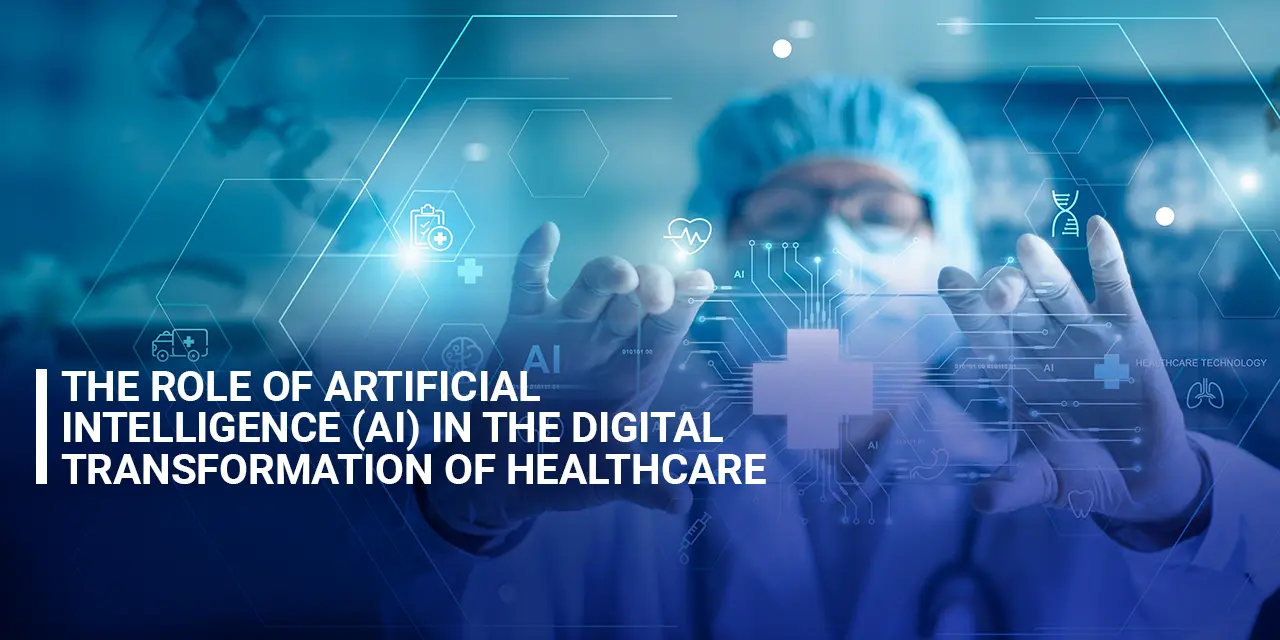Research
Share Knowledge
Brainstorm Ideas
1. Diagnosis and Treatment Personalization:
AI algorithms are capable of analysing vast amounts of medical data, including patient records, lab results, and imaging scans, to assist in accurate diagnosis. With AI-powered systems, healthcare professionals can access valuable insights, aiding in the early detection of diseases and the design of personalized treatment plans. This not only enhances patient outcomes but also reduces the potential for misdiagnoses.
2. Predictive Analytics:
AI's predictive capabilities are invaluable for healthcare providers. By analyzing historical patient data, AI can forecast disease outbreaks, patient admission rates, and potential complications. This enables hospitals and clinics to allocate resources effectively, optimize staff schedules, and proactively manage patient inflow, ultimately leading to a more efficient healthcare system.
3. Drug Discovery and Development:
The drug discovery process is notoriously lengthy and expensive. AI-driven simulations and data analysis accelerate this process by identifying potential drug candidates, predicting their efficacy, and even designing new molecules. This not only reduces the time required to bring new drugs to market but also lowers costs significantly.
4. Remote Patient Monitoring:
AI-powered wearable devices and sensors have enabled real-time monitoring of patients outside traditional healthcare settings. This is especially crucial for individuals with chronic illnesses, as AI can detect anomalies and alert healthcare providers if intervention is necessary. Remote monitoring enhances patient comfort and reduces hospital readmissions.
5. Efficient Administrative Tasks:
The administrative workload in healthcare can be overwhelming. AI streamlines administrative tasks like appointment scheduling, billing, and claims processing. Chatbots powered by AI provide instant responses to patient inquiries, improving patient satisfaction and allowing administrative staff to focus on more complex tasks.
6. Radiology and Imaging Interpretation:
AI algorithms excel in analysing medical images such as X-rays, MRIs, and CT scans. They can highlight potential abnormalities, assisting radiologists in making accurate diagnoses. The speed and precision of AI-driven image interpretation enhance diagnostic confidence and reduce the chances of overlooking critical details.
7. Data Security and Privacy:
Digital transformation brings with it concerns about data security and patient privacy. AI technologies play a role here too, as they can detect and prevent unauthorized access, identify patterns of data breaches, and ensure compliance with regulations like HIPAA. This helps build trust between patients and healthcare providers.
8. Genomic Analysis:
AI is transforming genomics research by efficiently analysing vast genomic datasets. This aids in identifying genetic predispositions to diseases, potential drug interactions, and personalized treatment options. This level of genomic analysis was previously time-consuming and expensive but has become more accessible due to AI.
9. Resource Allocation and Management:
Hospitals and healthcare systems often struggle with optimizing resource allocation, such as staff and equipment. AI algorithms can analyse historical data to predict peak patient admission times, allowing hospitals to adjust staffing levels and ensure sufficient resources are available when needed.
10. Telemedicine Advancements:
Telemedicine has gained prominence, especially after the global pandemic. AI enhances telemedicine by offering diagnostic support during virtual consultations. Patients can receive preliminary assessments, and healthcare providers can make informed decisions without physical examinations.
How Can We Help?
ITPN has leading-edge capabilities, top-class experts, and pioneering experience in this area. we can help healthcare companies in this transition across different categories and technologies and support them to transform meaningfully. Please contact us if you have any questions or need assistance regarding our services.
Conclusion
In conclusion, the integration of artificial intelligence into healthcare's digital transformation is reshaping the industry's landscape. From personalized diagnoses and treatment plans to predictive analytics and drug discovery, AI's influence is far-reaching. It not only improves patient care and outcomes but also enhances administrative efficiency and data security. As AI continues to evolve, healthcare professionals and patients alike can anticipate a future where technology plays an increasingly vital role in our well-being.

